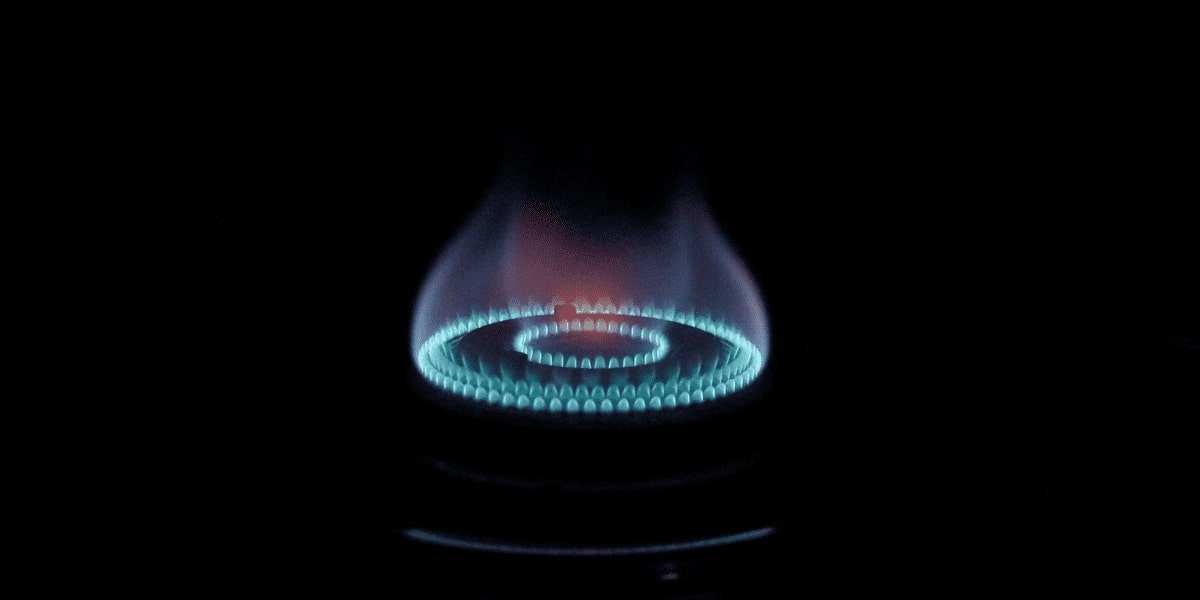Fueling The Future

Fossil fuels transformed the world in the last century. The world is no longer willing to tolerate the negative effects of carbon dioxide emissions and other greenhouse gases. Finding a sustainable alternative form of energy to fossil fuels is important for mitigating climate change. The governments across the world currently provide some form of incentives for renewable (wind and solar) energy use by the consumers. At the same time the alternative energy innovative research and exciting new developments occurs across the world. Hydrogen is one such example, earth’s most abundant element, that has attracted as an alternate fuel spotlight. Hydrogen fuel can be produced as a clean energy from fossil and renewable energy sources. They can be used in the transport sector and also displace the natural gas as a fuel with no carbon dioxide emissions at point source. Supply and demand laws of economics apart from the necessary infrastructure development will eventually push down prices to be more competitive with traditional fossil fuels and ultimately displace them on a global scale.\r\n\r\nCarbon dioxide could also be fuel of the future. Direct Air Capture (DAC) as one of the tools at our disposal for dealing with the greenhouse effect. Elon Musk recently pledged $100 million to fund a carbon-capture competition to build and demonstrate to pull carbon dioxide directly from air or oceans and lock away carbon dioxide permanently in an environmentally benign way and can scale the ideas to gigaton levels of carbon-dioxide removal. In addition, the fossil fuel industry developed the Carbon Capture and Sequestration (CCS) and the earliest capture technology was used for enhanced oil recovery. Aside from being stored, the carbon can also be re-purposed and sold to third parties like synthetic fuels, chemicals and building material, which is called carbon capture, utilization and storage (CCUS). As of 2020, globally there are 26 commercial CCS facilities in operation and is able to capture 40 million tonnes of C02 a year. Over the past 10 years, there are a number of innovations and improvements to enable us to save more energy and cost up to 70% less for new carbon capture processes.\r\n\r\nIn the transition period, DAC and CCUS have got to prove themselves by demonstrating on large scale with valuable synthetic products not only to displace the fossil fuel but also compete with green hydrogen as it is becoming an increasingly viable option, due to an accelerated development planned by EU.\r\n\r\n \r\n\r\nPattabhi Raman Narayanan\r\n\r\nIndependent Consultant/ Former Technology Advisor at Shell
Comments
No comments yet. Be the first to comment!
